In a landmark decision, the Supreme Court has authorized cities to impose bans on homeless camps.
This ruling, the most significant in decades, will profoundly affect how urban areas manage public spaces that have often served as refuges for the homeless.
A Shift in Public Sleeping Laws
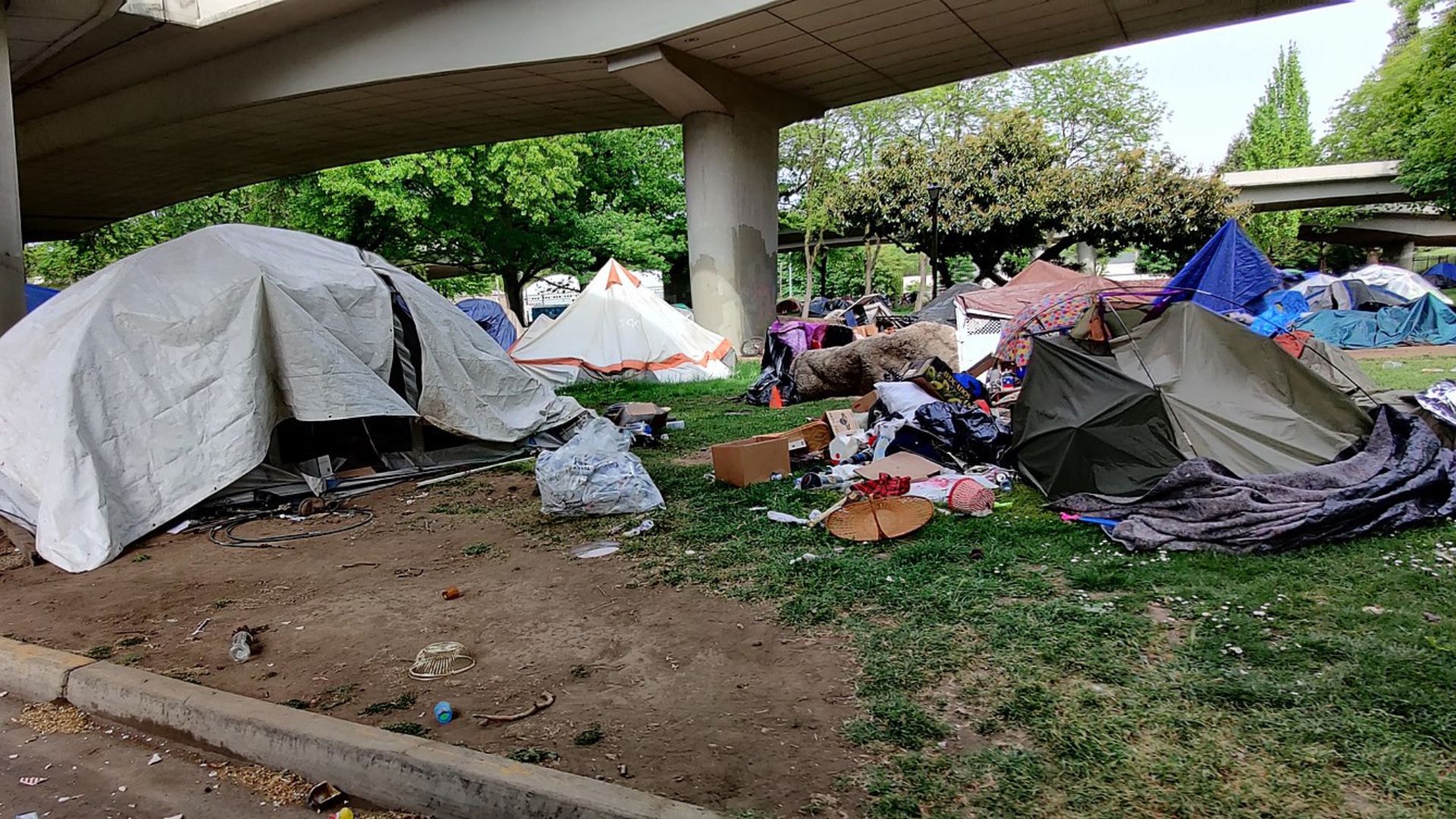
Last Friday, the Supreme Court overturned a lower court’s decision that deemed enforcing bans on camping without available shelter as cruel and unusual punishment.
This pivotal shift means that unsheltered individuals might now be subject to arrest and fines for sleeping in public.
Analyzing the 6-3 Split Decision
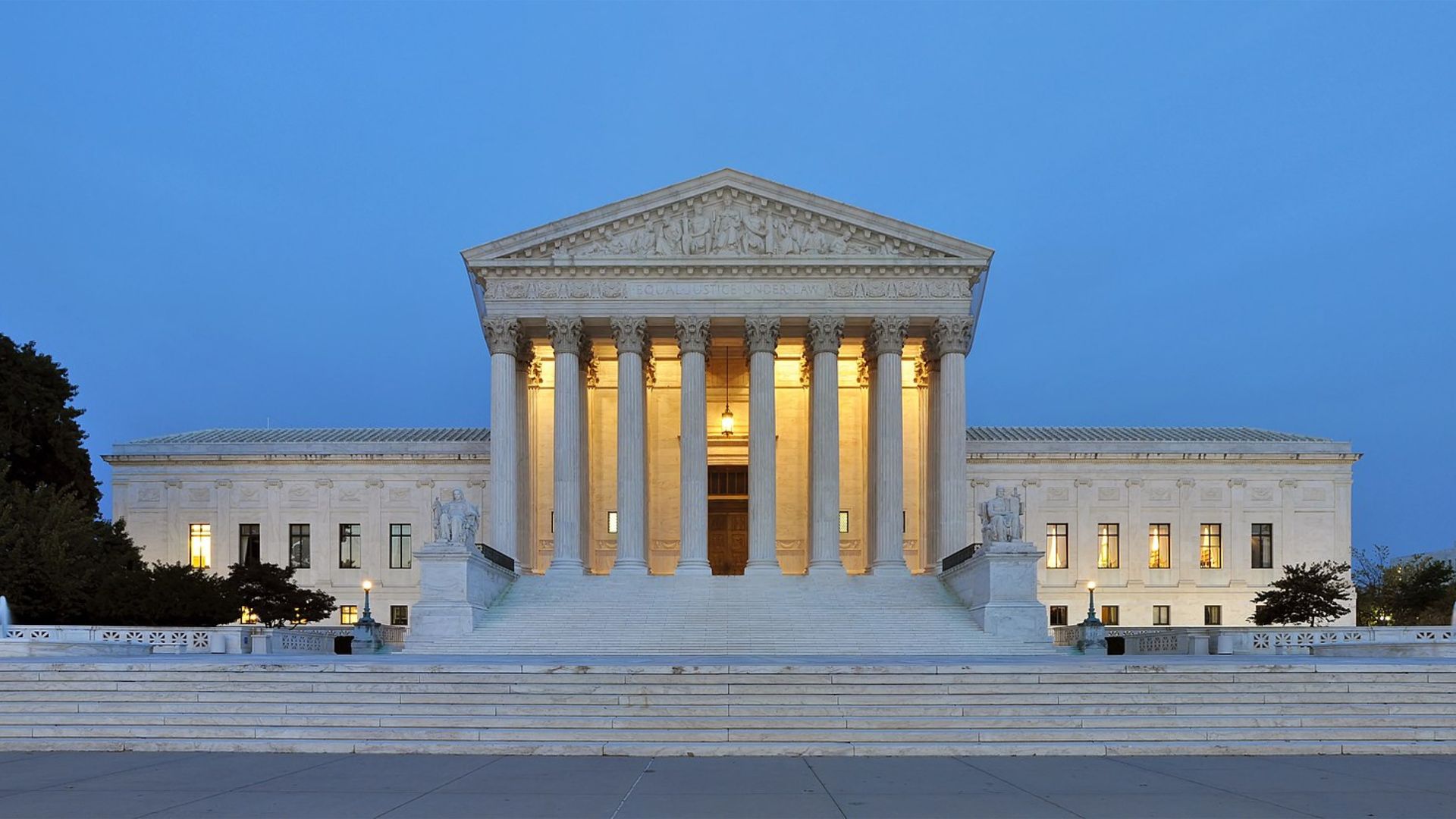
The Court’s 6-3 split reflects deep ideological divides and comes at a time of increasing homelessness.
This decision ends longstanding debates over the balance between managing public safety and respecting the rights of the homeless.
Gorsuch’s View from the Bench
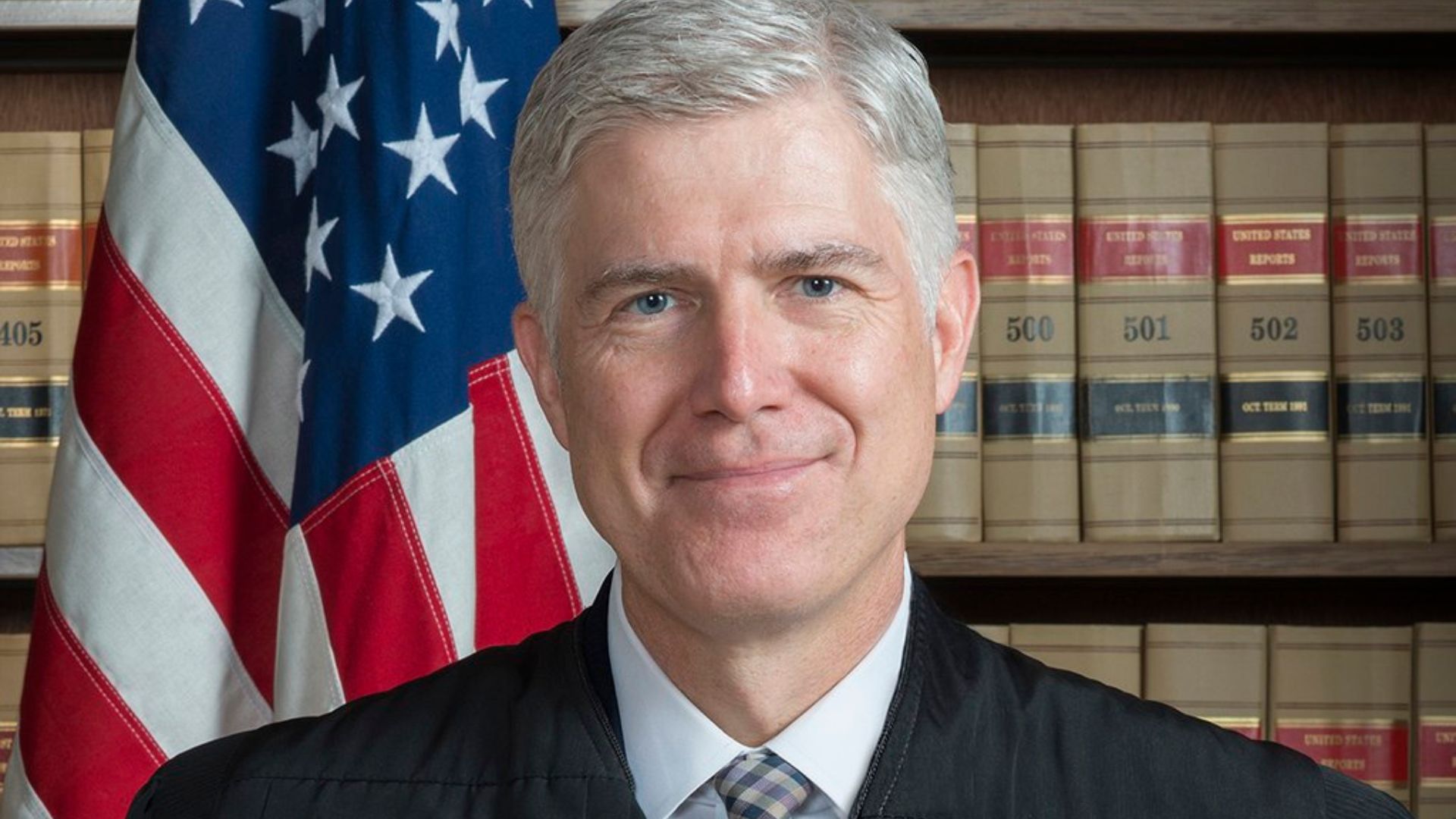
Justice Neil Gorsuch, writing for the majority, declared, “The Court cannot say that the punishments Grants Pass imposes here qualify as cruel and unusual.”
His remarks defend the actions taken by Grants Pass, Oregon, emphasizing their legality under the new ruling.
Sotomayor’s Strong Dissent
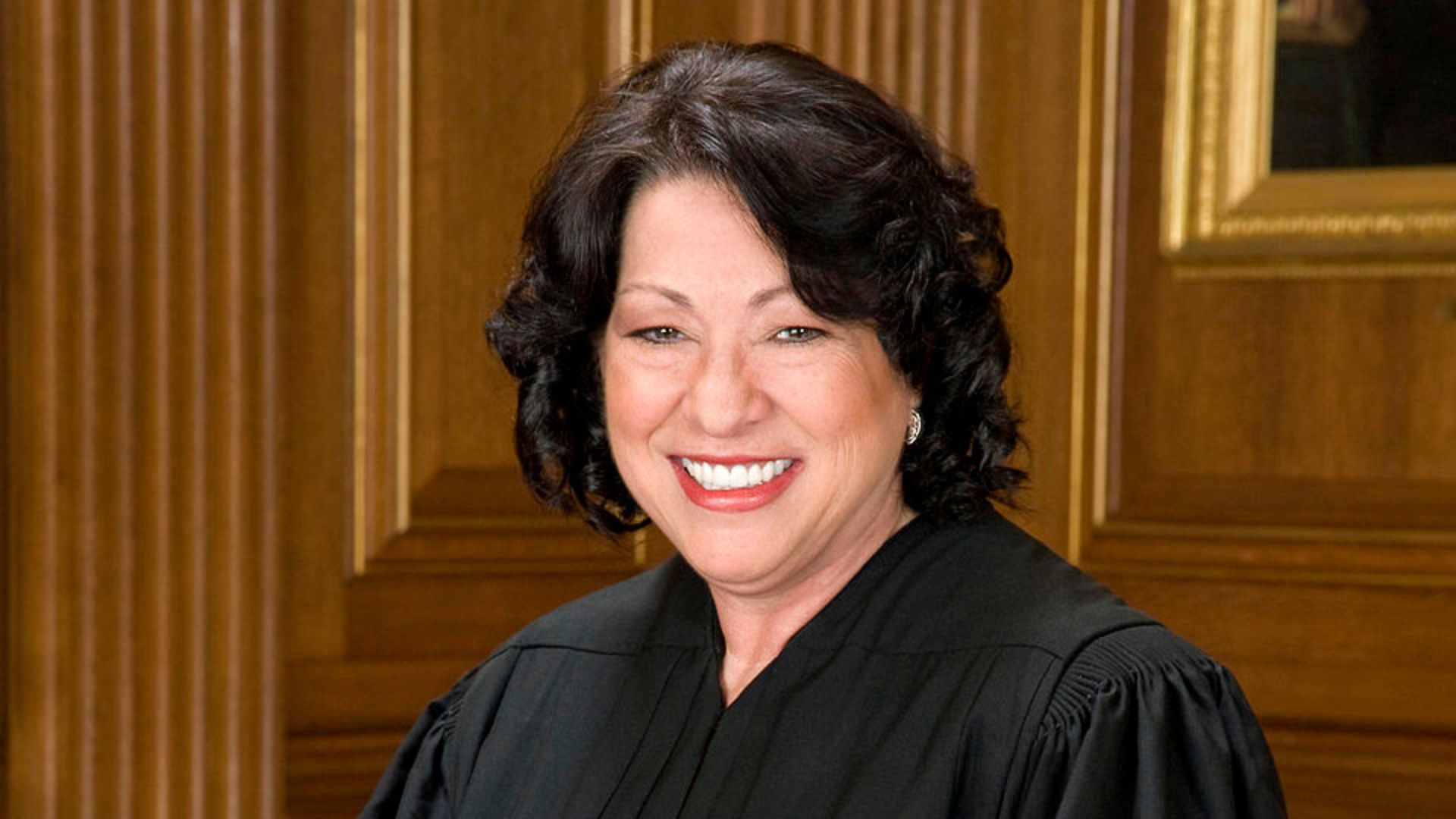
Justice Sonia Sotomayor stood firm in opposition, asserting, “Sleep is a biological necessity, not a crime.”
Her dissent stresses the harshness of punishing the act of sleeping outdoors when no shelter options are available, framing it as a fundamental human rights issue.
The Specifics of Enforcement in Grants Pass
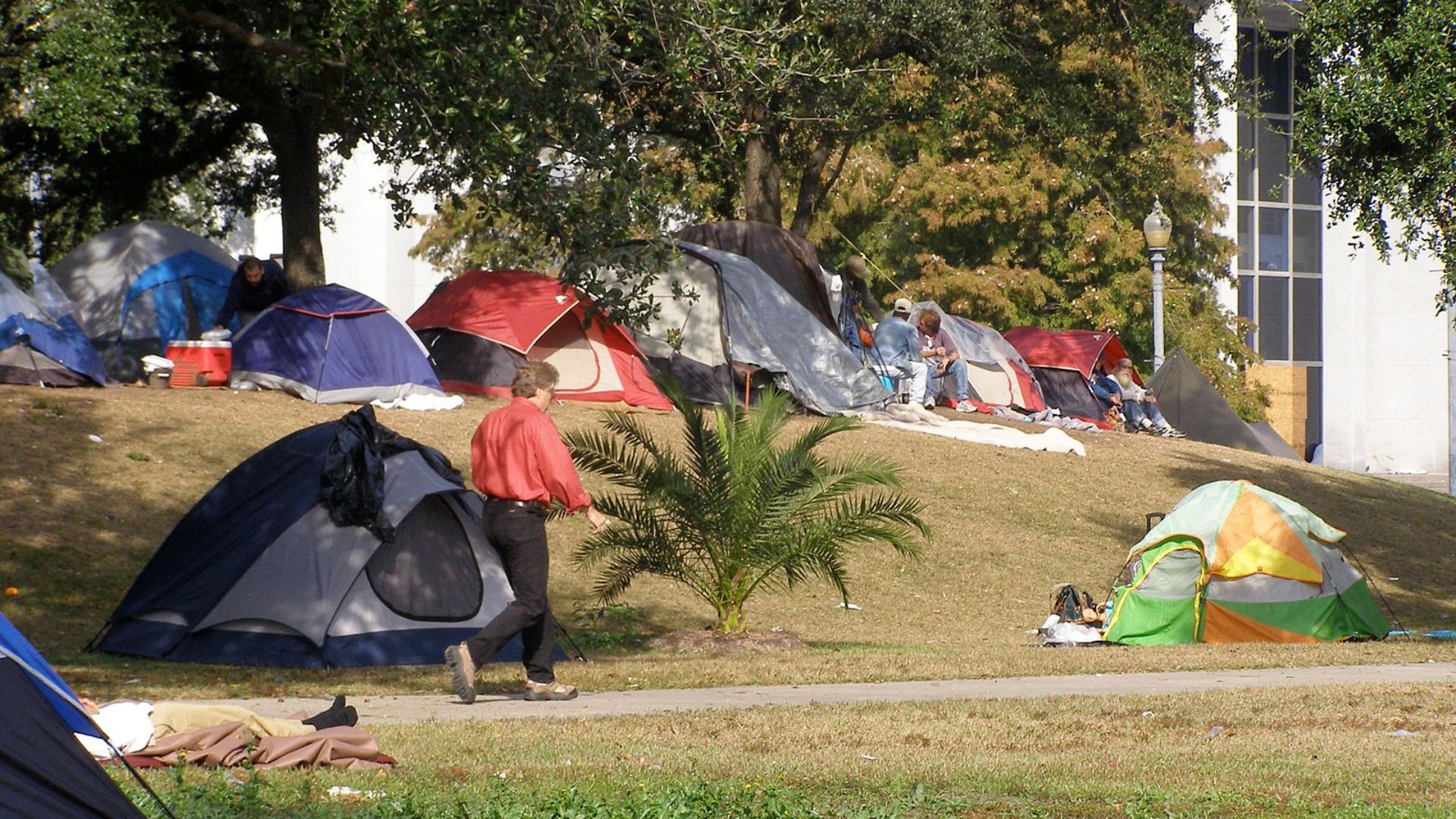
In her dissent, Justice Sotomayor criticized the enforcement tactics in Grants Pass, where penalties for public sleeping include fines and potential jail time.
She highlighted the harshness of punishing individuals for using basic items like blankets or shirts to aid in sleeping.
Voices from the Ground
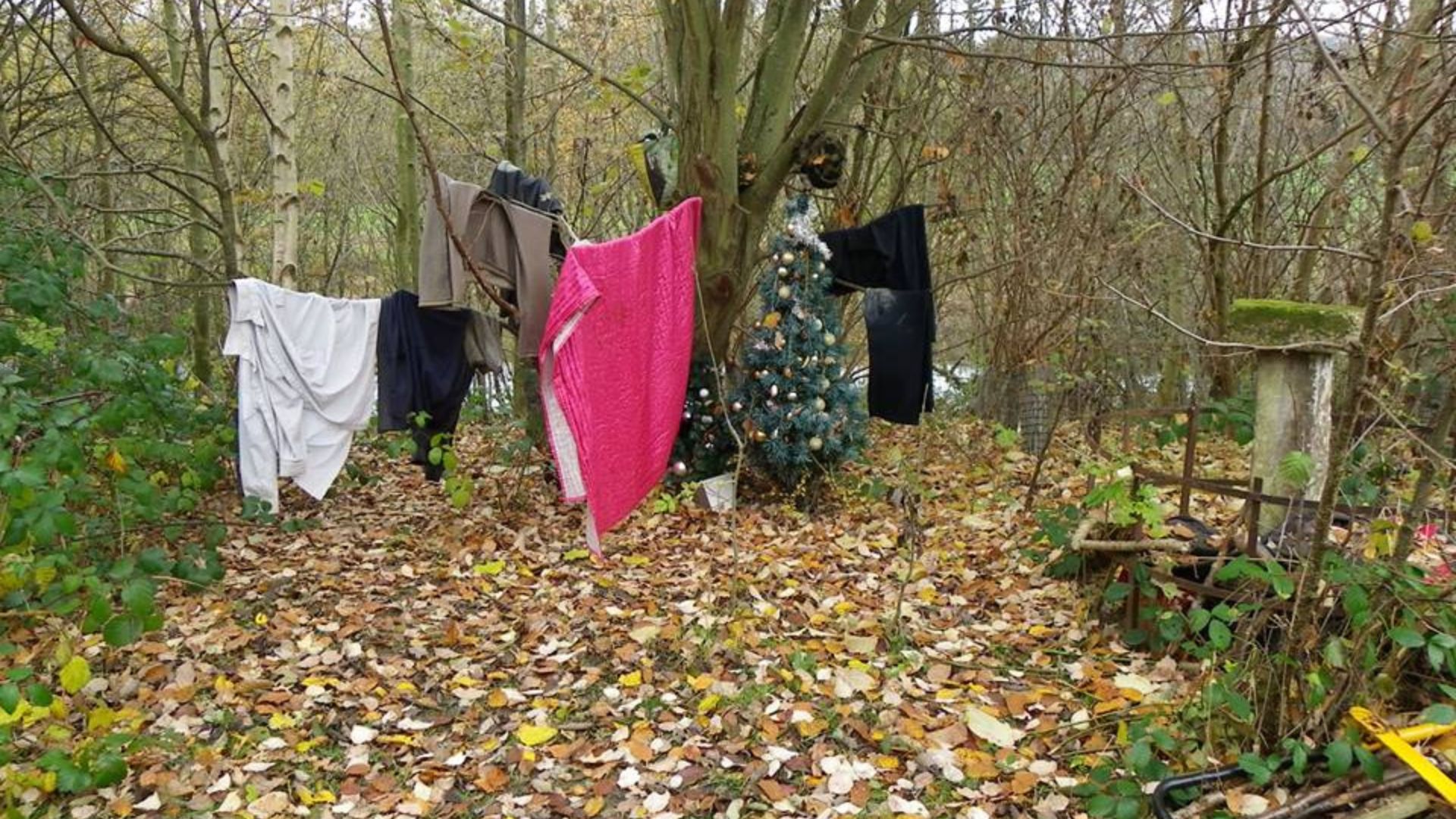
Helen Cruz, who is currently homeless in Grants Pass, poignantly shared, “We don’t want to be in the parks. We want a place to live.”
Her words bring a personal perspective to the debate, stressing the real human impact of these legal decisions.
National Alliance Calls Out the Ruling
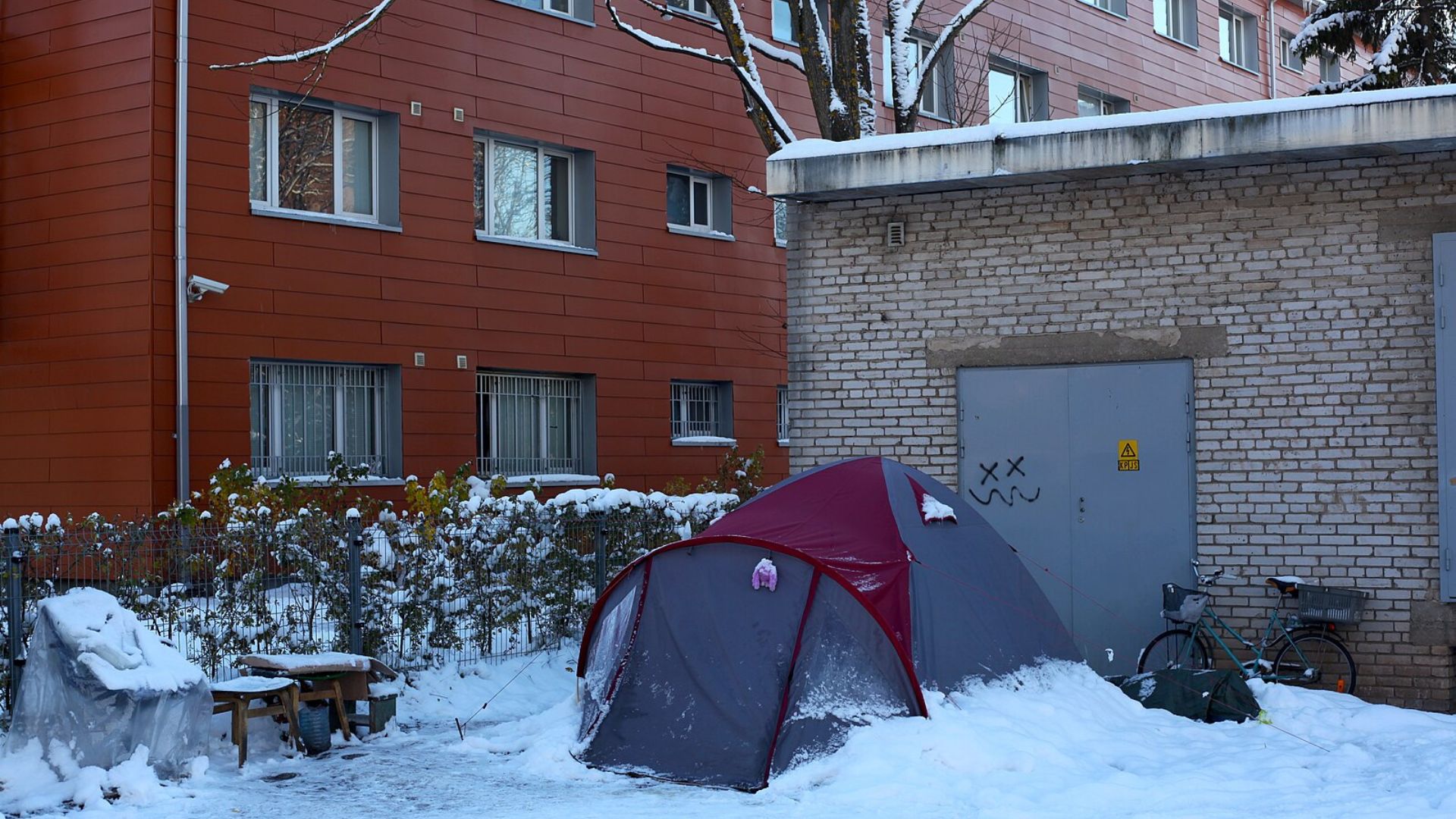
Ann Oliva, CEO of the National Alliance to End Homelessness, slammed the ruling for allowing “free reign to local officials who prefer pointless and expensive arrests and imprisonment, rather than real solutions.”
She argues that this approach fails to solve or mitigate homelessness.
Relief for Cities, Says Grants Pass Representative
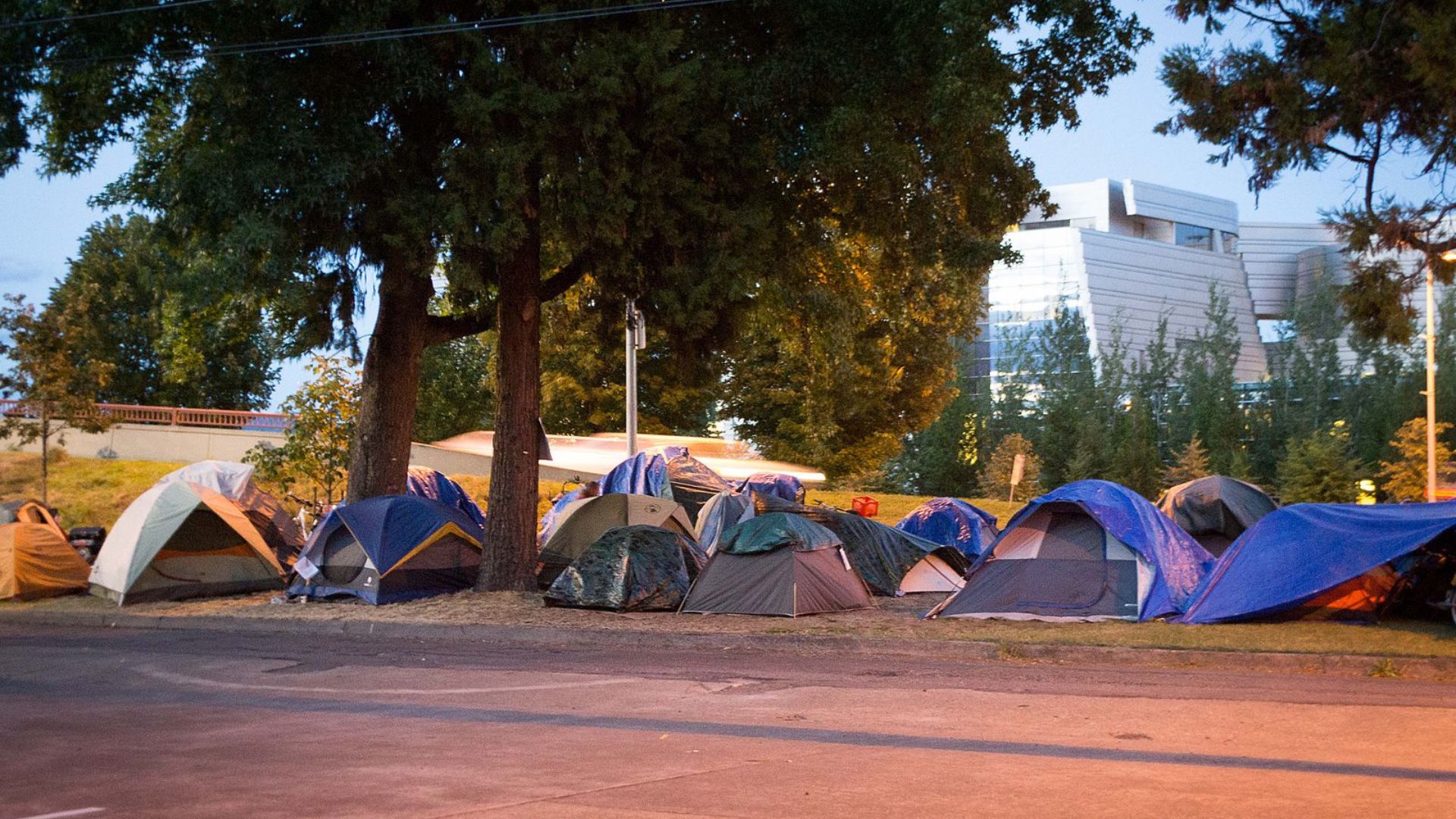
Theane Evangelis, arguing for Grants Pass, hailed the decision as providing “urgent relief to the many communities that have struggled to address the growing problem of dangerous encampments.”
She claims the ruling allows cities to create effective, safe public spaces while helping the vulnerable.
Overturning the 9th Circuit’s Precedent
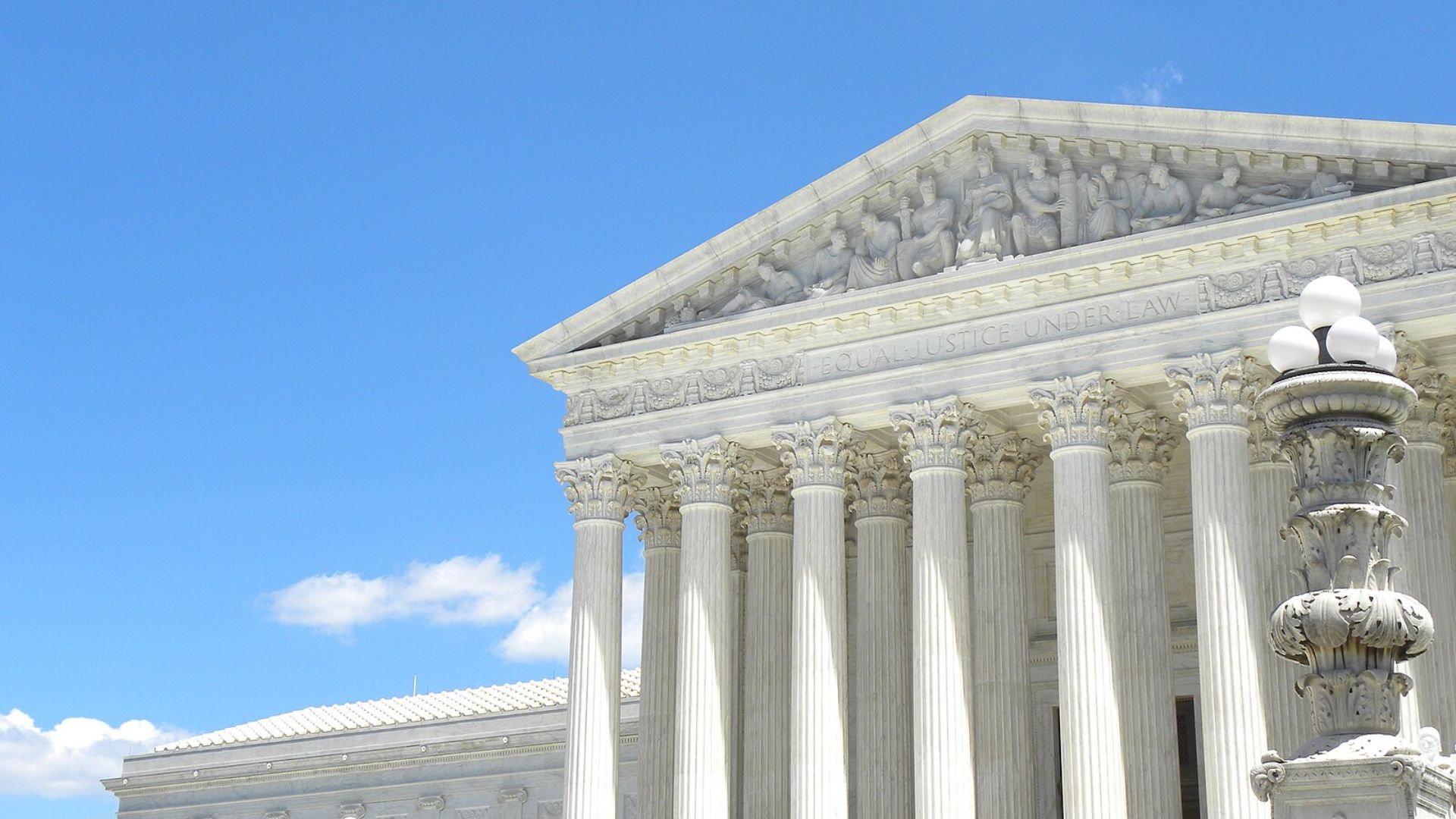
The Supreme Court’s decision reverses the 2018 ruling by the 9th U.S. Circuit Court of Appeals that found camping bans in areas lacking sufficient shelter to be cruel and unusual punishment.
This previous judgment from Boise, Idaho, had been a critical precedent until now.
Grants Pass’s Strict Enforcement Highlighted
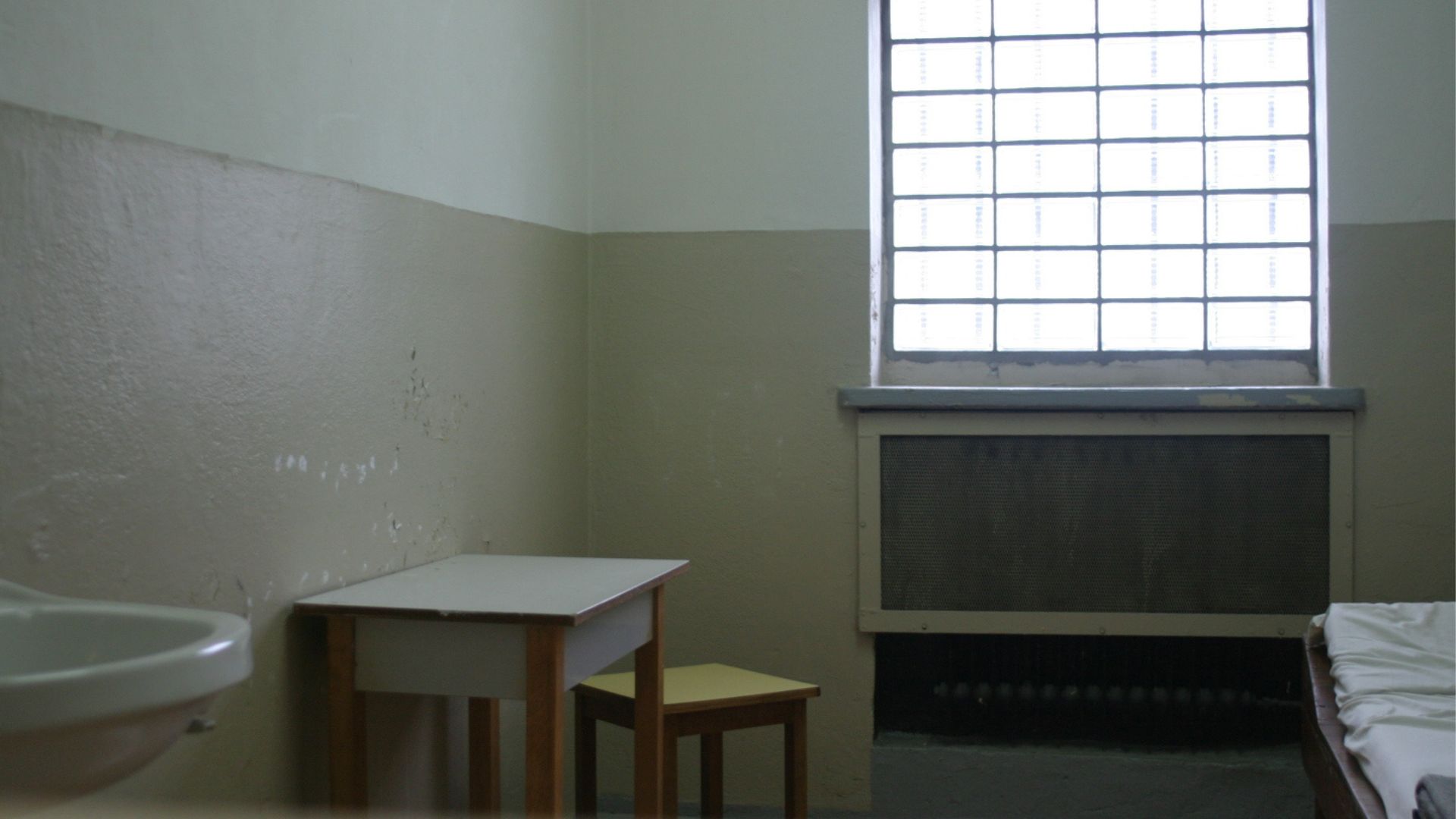
Grants Pass had been enforcing stringent measures, with initial fines at $250 and escalating penalties that could lead to jail time for repeated offenses.
These strict policies were a focal point in the case, illustrating the severe measures taken against the homeless population.
The Decision’s Wider Impact
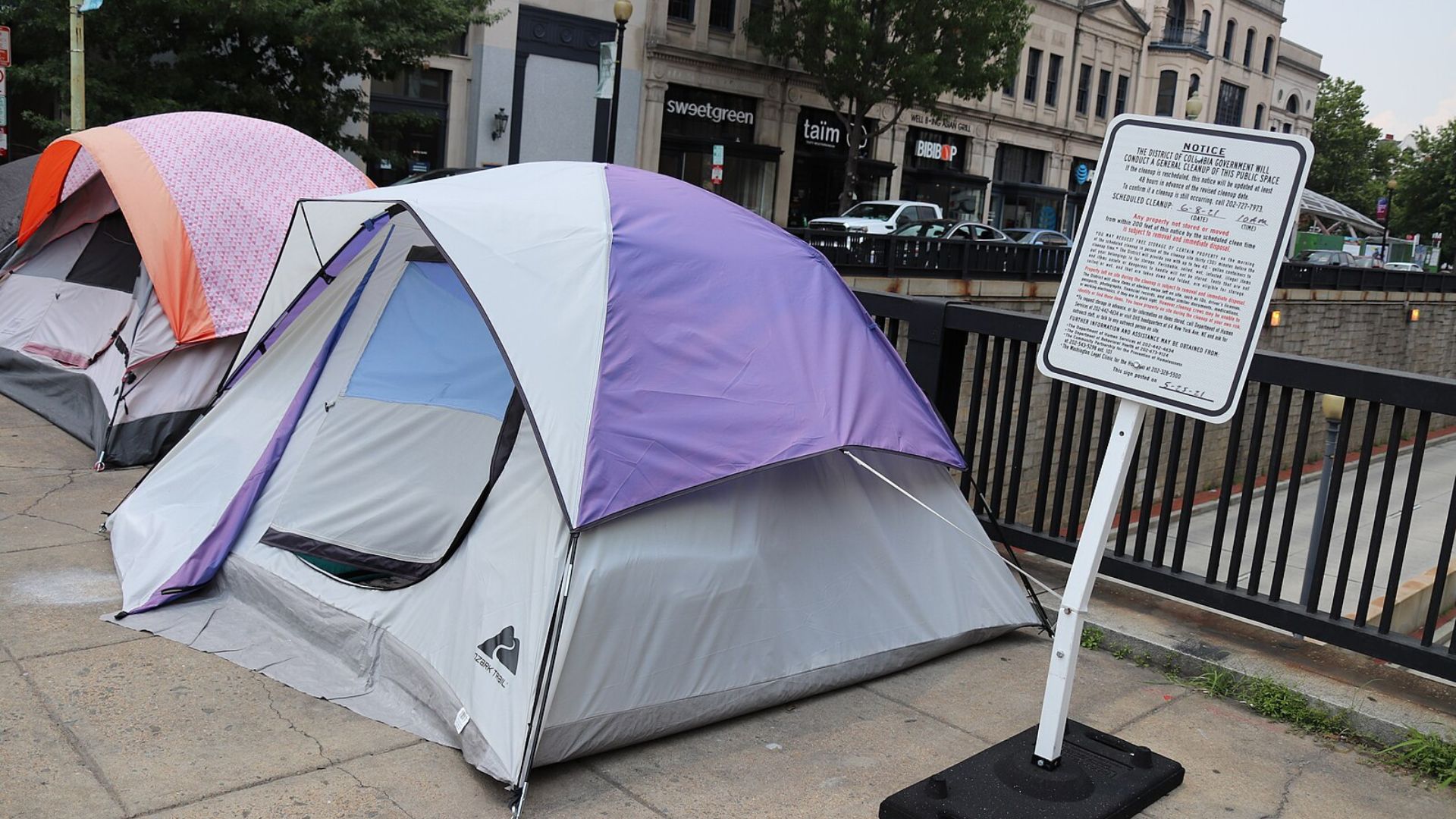
With over 600,000 people facing homelessness on any given night in the U.S., the Supreme Court’s decision carries significant ramifications.
It reshapes the legal framework around homelessness and raises critical questions about how local and national policies will adapt to this new legal landscape.
